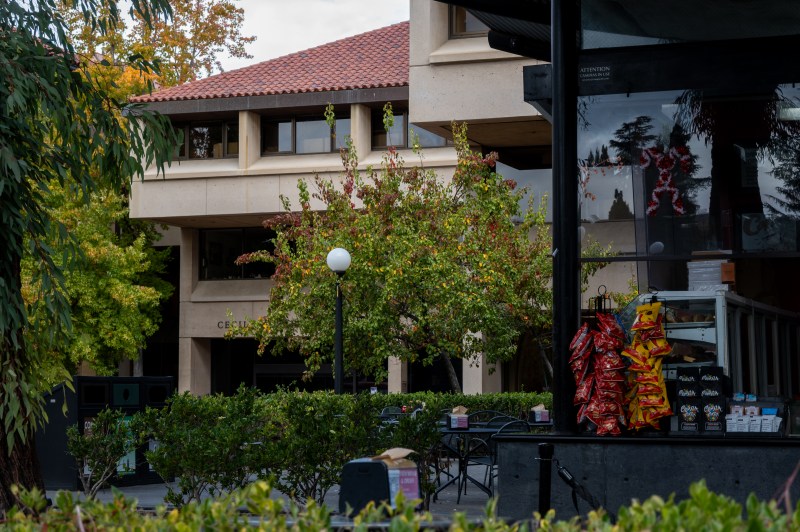The Faculty Senate passed a motion, on a divided vote, to adjust the academic calendar at its second meeting this quarter on April 25. This motion shifts the start date of autumn quarter to Tuesdays during years in which the first day of Rosh Hashanah or Yom Kippur conflicts with the traditional Monday start.
They also held a memorial resolution for retired professor of education Edwin M. Bridges.
The Senate Steering Committee also reported on a moot resolution from the Associated Students of Stanford University (ASSU) that extends Green Library’s hours, effective autumn quarter of the next academic year. As no objections were presented, a bylaw from the Board of Conduct Affairs to the new Honor Code and Conduct Charter, became effective as of April 24.
Additionally, President Richard Saller addressed the Senate regarding the University’s plan for the management of campus activism during Admit Weekend and in the future.
“Our primary aim is to maintain the safety of the campus and the continued operations of our academic work,” Saller said.
Committee on Undergraduate Standards and Policies chair Kate Maher and Committee of Graduate Studies chair David Stevenson presented a motion to adjust the academic calendar in regards to Rosh Hashanah and Yom Kippur. This motion shifts the start date of autumn quarter to Tuesdays during years in which the first day of Rosh Hashanah or Yom Kippur conflict with the traditional Monday start. It will be in effect in the 2026-2027, 2036-2037 and 2050-2051 academic years. The motion was passed on a divided vote.
Both Rosh Hashanah, a celebration of the Jewish New Year, and Yom Kippur, a day of atonement, are significant high holidays for the Jewish community that occur on different days in late summer or early autumn each year.
In 1985, the Senate passed a resolution stating that when the start date of autumn quarter aligned with either of the holidays, it should be shifted. However, this resolution has been glossed over on several occasions, most recently in 2022.
To prevent this, in 2023, the University formed an Academic Calendar Subcommittee to provide a series of recommendations. The committee consisted of faculty members and representatives from the Office of the Vice Provost for Undergraduate Education Residential and Dining Enterprises and the Jewish community.
“We want to strongly encourage that the University support students, faculty and staff in honoring their desire to observe these holidays through proactive messaging and accommodations,” Maher said.
Some members of the Senate expressed opposition to the motion. Reading a letter signed by 11 faculty members, professor of mathematics Brian Conrad voiced concern for the motion’s impact on the timeline of academic instruction.
“Courses have lectures, labs, problem sets and discussion sections that are carefully designed to fit around many constraints,” Conrad said. “We ask the Senate to please hold off on this until we can find a more sustainable solution.”
However, the majority of the Senate expressed support for the motion. Stanford Law School Judge John W. Ford Professor of Dispute Resolution Deborah Hensler recounted reorganizing her past courses to accommodate students observing the high holidays. Hensler, who is Jewish herself, said that the previous overlooking of these holidays made her feel unwelcome.
“There is a symbolic effect of this when you’re in a community and the community chooses to take the first day of the academic calendar when everybody reassembles, and it is the most important day of your religion,” Hensler said. “I think [this motion] is valuable for this community.”
Emeritus professor of education Michael Kirst read a brief memorial statement for Edwin M. Bridges, fellow professor emeritus of education who died in 2019 at the age of 85.
Professor Bridges taught at Stanford for 25 years, founding the university’s Prospective Principals’ Program, aided students in building management and organizational skills and authoring several books on educational leadership.
In 2010, the University Council for Educational Administration instituted the Edwin M. Bridges Award, which honors Bridges’ lifetime accomplishments by recognizing school leaders for their contributions to pre-service preparation and their professional development.
“His problem-based learning perspective continues to be influential throughout the country and throughout the world,” Kirst said.
A previous version of this article referred to Edwin Bridges as Bridge and a moot resolution as a moved resolution. The Daily regrets this error.
